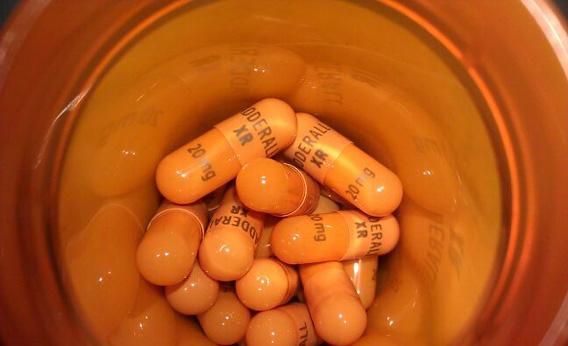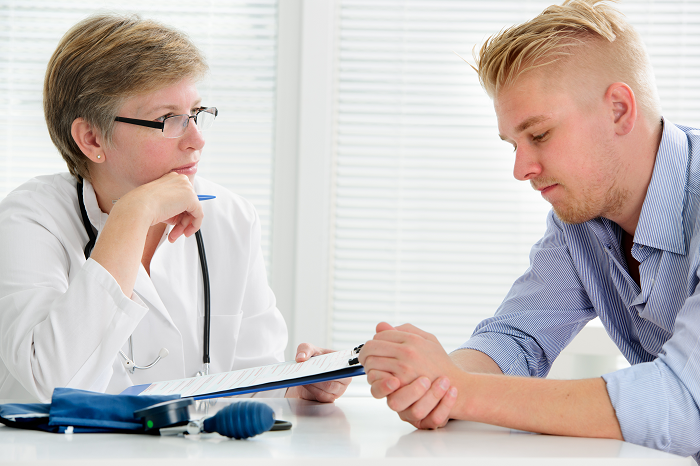What you Should Know About Relationships with Amphetamine Addicts
According to the National Institute on Drug Abuse, amphetamines are an ever-growing problem in the United States, particularly in the teen and college age groups. This makes it an issue for young adults as well. At a time when the problem of amphetamine addiction is widespread, there is a few things you should know about relationships with amphetamine addicts.
Know the Signs of Amphetamine Use
The signs of active amphetamine use are important to know because amphetamines are dangerous and sometimes people who are on them are dangerous as well. A few of the signs of active use are:
- Unusual speedy or energetic behavior
- Overconfidence
- Continued use despite negative consequences
- Euphoria
- Tolerance to the medication
- Dilated pupils
- Decreased appetite
- Taking more than the recommended amount
- Inability to maintain employment or school
- Problems at work or school
- Neglecting activities
- Unsuccessful attempts to stop
- Difficulty problem solving
- Manic behavior
All of these are signs of active amphetamine addiction not just use. They are indicative of a serious amphetamine problem.
Know What to Expect if they Withdrawal from Amphetamines

An amphetamine addict can become depressed, confused, and aggressive when going through withdrawal.
If your significant other decides to stop using amphetamines or his or her supply runs out. You will see the signs of withdrawal. The signs of withdrawal are:
- Depression
- Difficulty staying awake
- Insomnia or hypersomnia
- Short term memory issues or blank spots
- Confusion
- The inability to make decisions
- Irritability
- Aggression sometimes to the point of violence
- Frustration
Some of these symptoms can lead to either suicidal or homicidal behavior. People who are severe amphetamine addicts often become abusers.
Know What Types of Help are Available
Several options for help are available. All of the treatment types come in both inpatient and outpatient settings. Inpatient treatment is residential 24 hour care and outpatient treatment happens at a facility but you leave once you complete you appointment or counseling session. A few of the treatment options available are:
- Detoxification – this is normally done in an inpatient setting because of the risks involved.
- Support groups – groups of recovering addicts helping each other.
- Individual counseling – one on one therapy with a trained addiction specialist.
- Group counseling – group therapy with an addiction specialist with a group of people in the same situation.
- Medical treatment – treatment of the symptoms, chronic, and underlying illnesses.
- Aftercare – continuing care to prevent a relapse.
The choice between inpatient and outpatient care depends on the strength of the addiction and the need for services as well as your choice.
Know how to Find Help When they Need It
When you are in a relationship with an addict, you need to know what to expect. You will also need to know when and where to get treatment. If you or someone you are in a relationship with needs treatment, call us at 800-605-6597 Who Answers?. We can help you find the treatment that you need.



